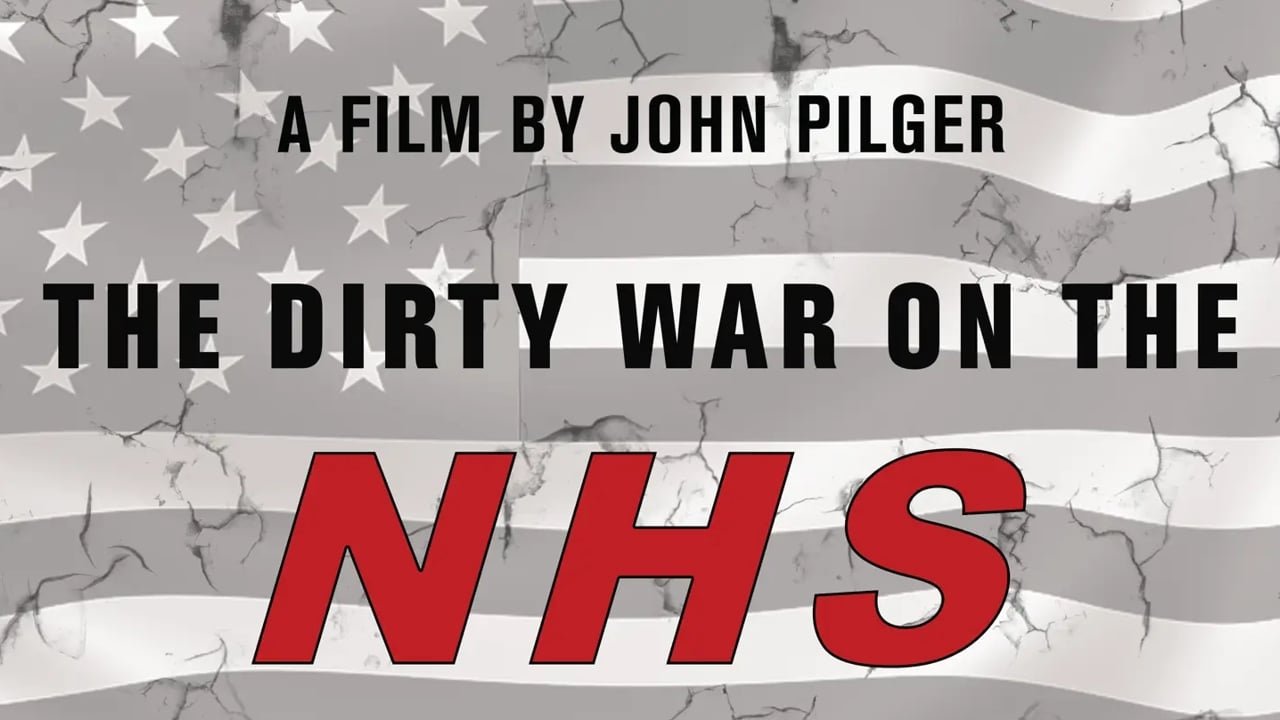
The Dirty War on the NHS (2019)
John Pilger unearths the hidden agenda behind the NHS crisis.

John Pilger unearths the hidden agenda behind the NHS crisis.
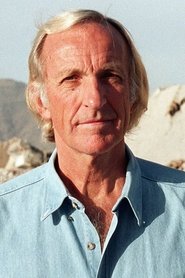 John Pilger
John PilgerA film about the rescue of newborns endangered by an incompatible combination of parents' blood, which is possible thanks to the discovery of the Rh factor of human blood.
Documentary - COUNTERFEIT CULTURE is a one-hour documentary that explores the dangerous and sometimes deadly world of fake products. An industry that once dealt in imitation designer handbags and shoes has exploded into a global epidemic of counterfeit pharmaceuticals, foods, toys, electronic goods, car parts and microchips. COUNTERFEIT CULTURE challenges consumers to take a deeper look at what appears to be harmless knock-offs at bargain prices. - Ann-Marie MacDonald, Tim Phillips, Todd Gilmore
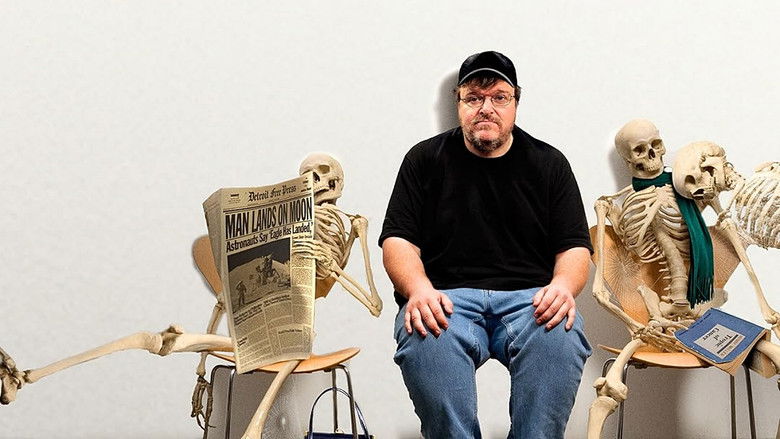
A documentary about the corrupt health care system in The United States who's main goal is to make profit even if it means losing people’s lives. "The more people you deny health insurance the more money we make" is the business model for health care providers in America.

One of the most recognizable voices in all of modern day music, Dua Lipa quickly rose to fame. Her catchy tunes and sultry vocals make her music appeal to a global audience.

This is a Dutch documentary about the last weeks of life in a Portuguese clinic for Emma Caris, a 18 year old girl who had been suffering anorexia nervosa since she was 16 years old.
The Rock Touring Around Great Britain is a performance piece by Chinese artist He Yunchang that involved a walking circumambulation of Great Britain from September 23, 2006 to June 14, 2007. Starting from the hamlet of Rock, Northumberland, the artist walked to the nearby town of Boulmer where he selected a rock which he then carried counterclockwise until he returned it to the precise location from which it was taken. As the artist commented, the work was primarily "an attempt to represent the iron will of an individual and the living conditions of his being with simple and pure methods."
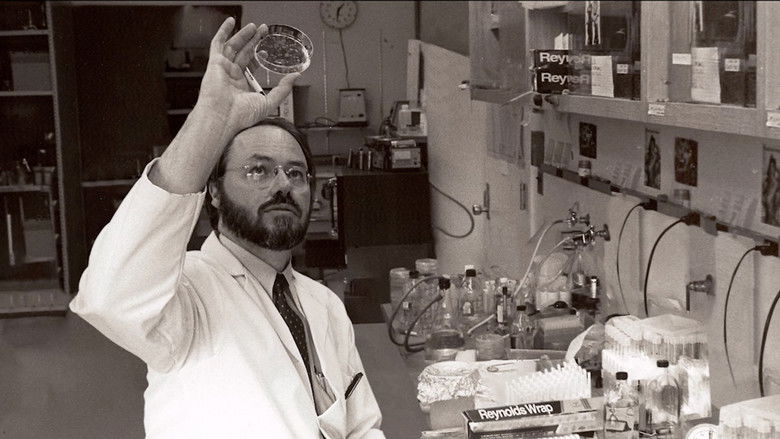
The 1977 discovery of RNA splicing by Dr. Phillip A. Sharp, Kentucky farm boy turned Nobel-prize winning scientist, set the stage for a revolution in molecular biology, enabling research into a new class of medicines predicated on recombinant DNA techniques ranging from the development of synthetic insulin and human growth hormone to the COVID-19 vaccine.
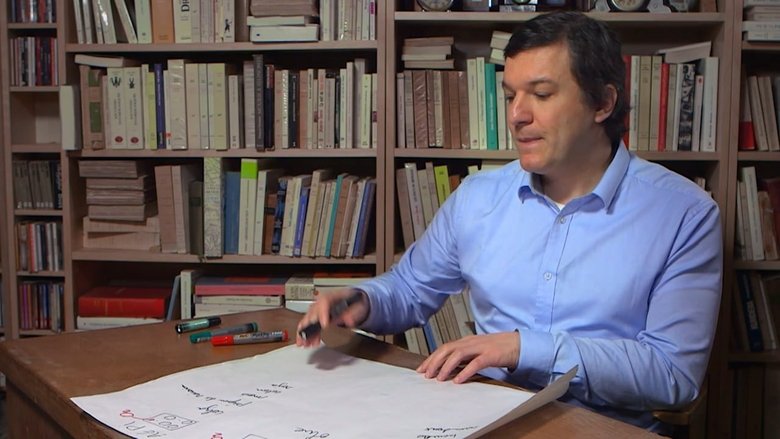
The link between heart disease and blood cholesterol is a medical dogma that has existed for the past fifty years and has led to the development of a billion-dollar, low-fat, food industry, as well as to statins, a drug that lower “bad cholesterol” levels, so it has became one of the most prescribed medicines in the world. But more and more researchers are openly questioning the mainstream opinions on cholesterol…
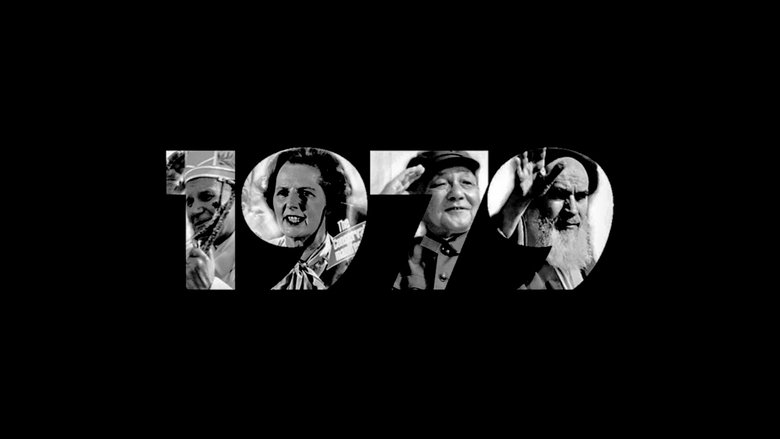
Deng Xiaoping's economic and political opening in China. Margaret Thatcher's extreme economic measures in the United Kingdom. Ayatollah Khomeini's Islamic Revolution in Iran. Pope John Paul II's visit to Poland. Saddam Hussein's rise to power in Iraq. The Soviet invasion of Afghanistan. The nuclear accident at the Harrisburg power plant and the birth of ecological activism. The year 1979, the beginning of the future.
‘Voices from the Shadows’ shows the brave and sometimes heartrending stories of five ME patients and their carers, along with input from Dr Nigel Speight, Prof Leonard Jason and Prof Malcolm Hooper. These were filmed and edited between 2009 and 2011, by the brother and mother of an ME patient in the UK. It shows the devastating consequences that occur when patients are disbelieved and the illness is misunderstood. Severe and lasting relapse occurs when patients are given inappropriate psychological or behavioural management: management that ignores the severe amplification of symptoms that can be caused by increased physical or mental activity or exposure to stimuli, and by further infections. A belief in behavioural and psychological causes, particularly when ME becomes very severe and chronic, following mismanagement, is still taught to medical students and healthcare professionals in the UK. As a consequence, situations similar to those shown in the film continue to occur.
Robert Koch is one of the superstars of the scientific world. In countless publications, Robert Koch is enthusiastically celebrated as the savior of humanity, but on closer inspection, many aspects of his research appear questionable today and can only be understood in the context of his time. Koch's meteoric career in the Wilhelmine Empire is a prime example of how scientific discoveries are inextricably linked to the political and economic conditions of their time. The documentary sheds light on these conditions and interludes, drawing parallels to the problems facing infectious medicine today.

With nutritionally-depleted foods, chemical additives and our tendency to rely upon pharmaceutical drugs to treat what's wrong with our malnourished bodies, it's no wonder that modern society is getting sicker. Food Matters sets about uncovering the trillion dollar worldwide sickness industry and gives people some scientifically verifiable solutions for curing disease naturally.
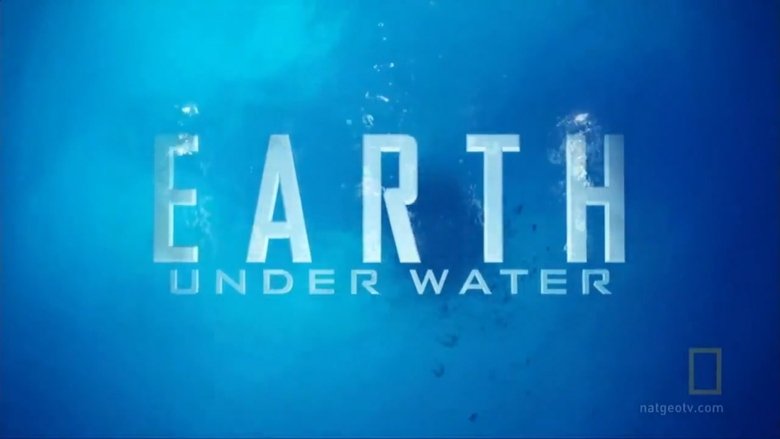
Miami, New Orleans and New York City completely under water it’s a very real possibility if sea levels continue to rise. In Earth Under Water we’ll see these events unfold as leading experts forecast how mankind will be impacted if global warming continues. They’ll break down the science behind these predictions and explore ways humanity could adapt, including engineering vast dams near San Francisco, or building floating cities outside of New York.
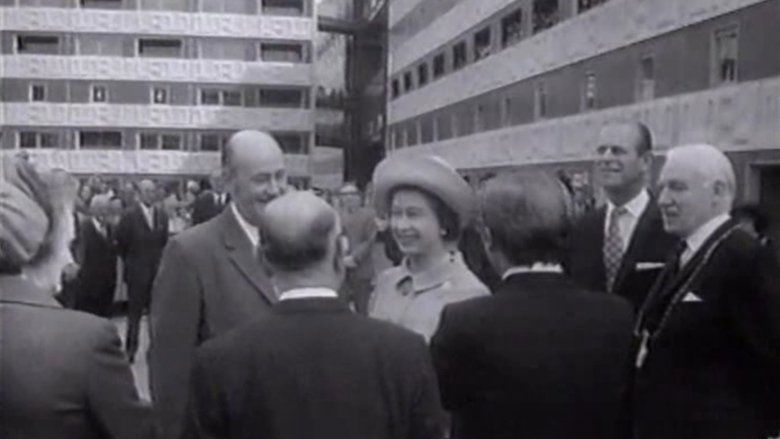
David Jones investigates how 1960s council housing came to be built so poorly that thousands later needed to be demolished.

Inside the dramatic search for a cure to ME/CFS (Myalgic Encephalomyelitis/Chronic Fatigue Syndrome). 17 million people around the world suffer from what ME/CFS has been known as a mystery illness, delegated to the psychological realm, until now. A scientist in the only neuro immune institute in the world may have come up with the answer. An important human drama, plays out on the quest for the truth.
Mike Adams, known as the Health Ranger to his fans, is the author of numerous books on natural health and editor of the popular internet site called News Target. Although self-taught, his knowledge of natural medicine is nothing short of phenomenal, as you will see from this interview. Be prepared for an enlightenment that could change your life.
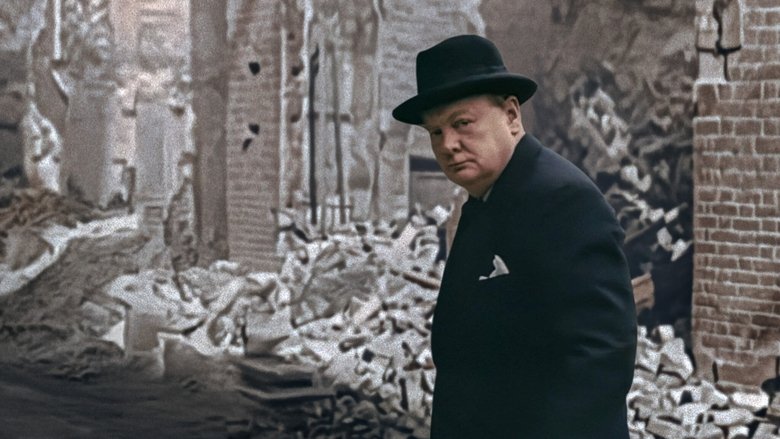
Documentary looking back at a Britain during the darkest days of WWII using stunning new archived footage and interviews with people who lived through it.